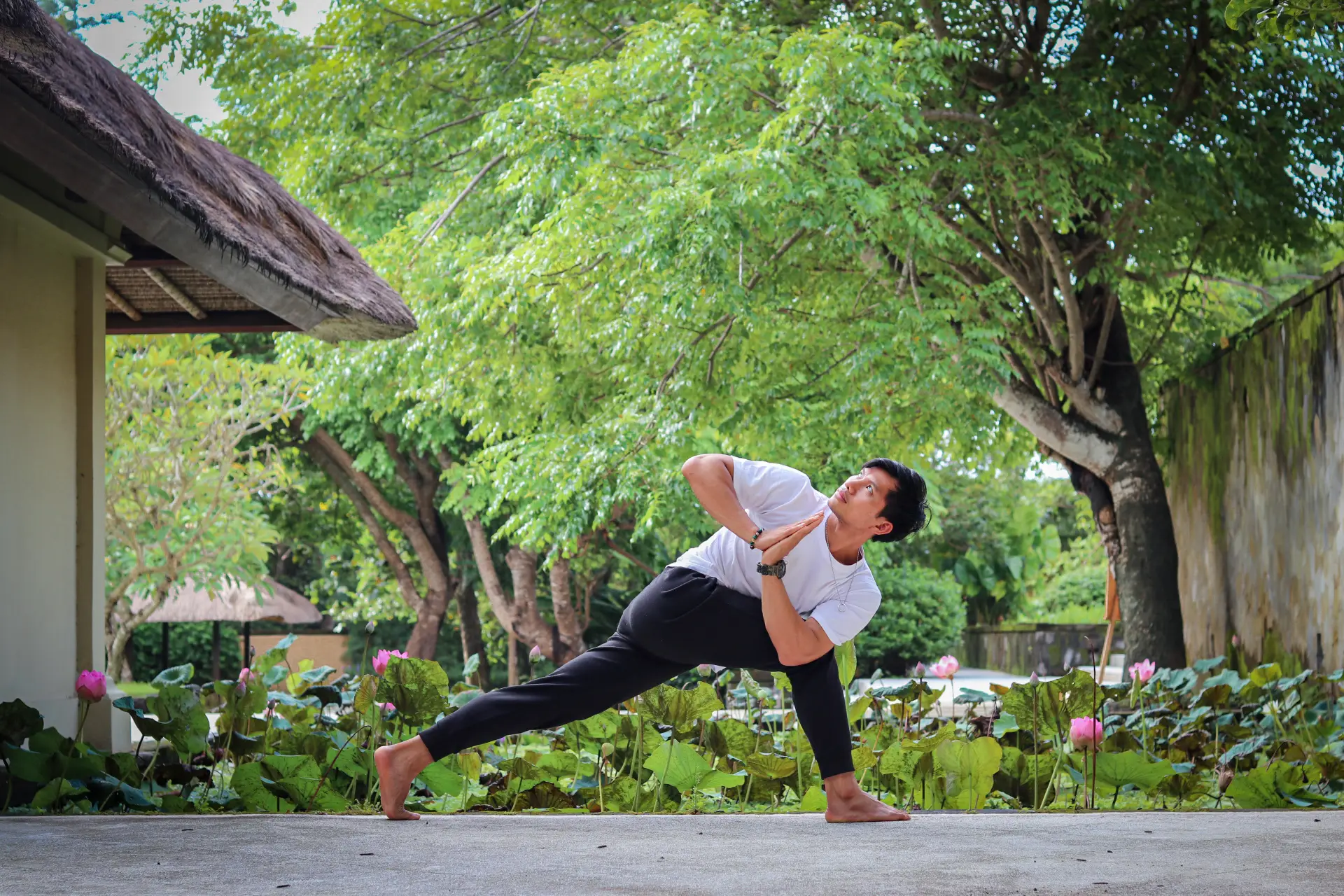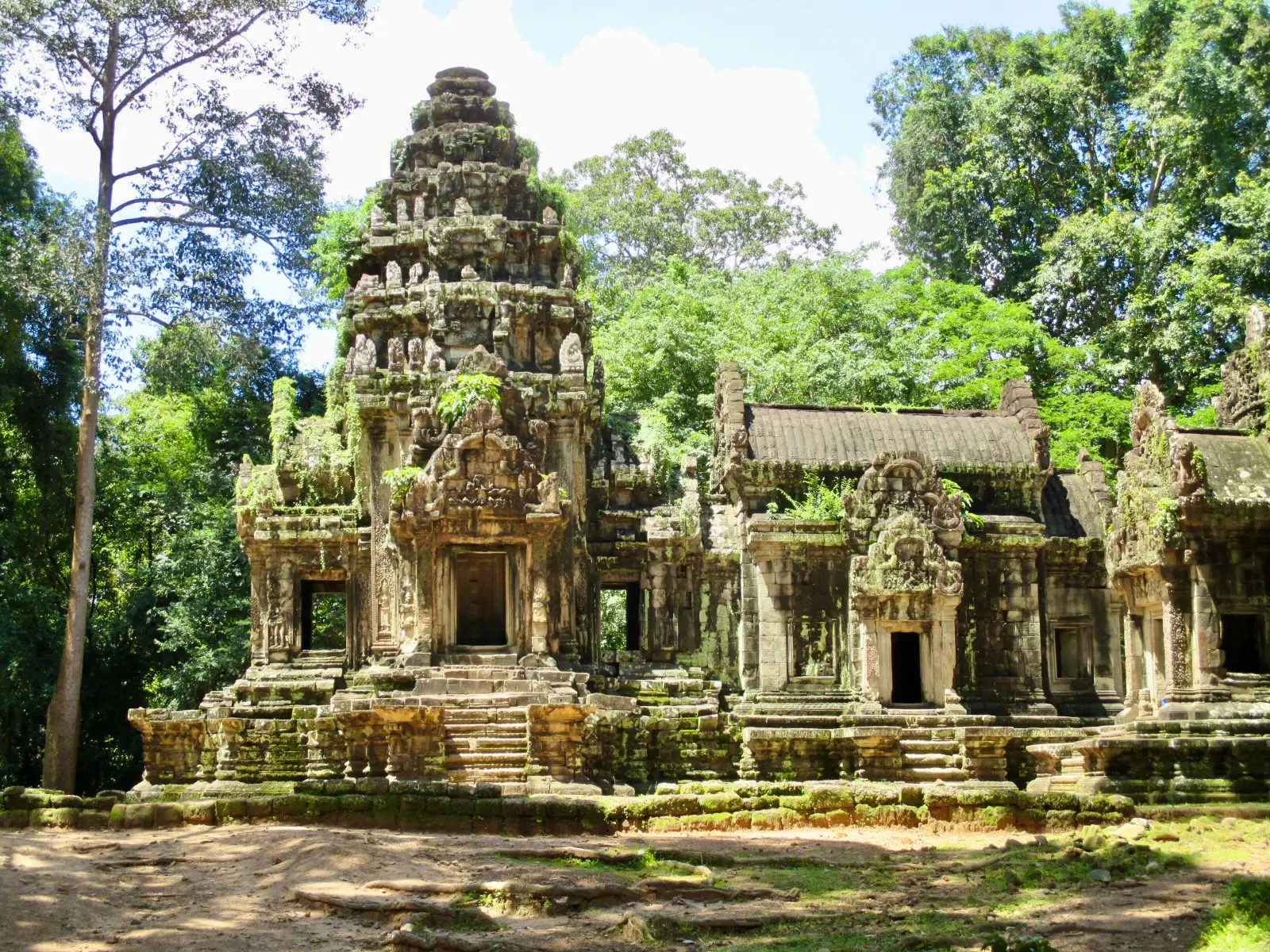Qi (pronounced “chee”) is a fundamental concept in Traditional Chinese Medicine (TCM) and Chinese philosophy. It is often translated as “vital energy” or “life force” and is considered the essential life energy that flows through all living things, as well as the universe itself.
Key Concepts of Qi:
- Qi as Vital Energy:
- Qi is believed to be the vital energy that sustains life and animates the body. It flows through pathways in the body known as meridians, nourishing organs and tissues, and maintaining overall health and vitality.
- Qi is believed to be the vital energy that sustains life and animates the body. It flows through pathways in the body known as meridians, nourishing organs and tissues, and maintaining overall health and vitality.
- Balance and Flow:
- Health is viewed as a state of balance and harmonious flow of Qi within the body. Illness and disease are thought to arise from blockages, deficiencies, or imbalances in the flow of Qi. Restoring this balance is a central aim of TCM practises.
- Health is viewed as a state of balance and harmonious flow of Qi within the body. Illness and disease are thought to arise from blockages, deficiencies, or imbalances in the flow of Qi. Restoring this balance is a central aim of TCM practises.
- Yin and Yang:
- Qi is closely associated with the concepts of Yin and Yang, the complementary forces that make up all aspects of life and the universe. Yin represents the passive, cooling, and nurturing aspects, while Yang represents the active, warming, and dynamic aspects. The balance between Yin and Yang is essential for the smooth flow of Qi.
- Qi is closely associated with the concepts of Yin and Yang, the complementary forces that make up all aspects of life and the universe. Yin represents the passive, cooling, and nurturing aspects, while Yang represents the active, warming, and dynamic aspects. The balance between Yin and Yang is essential for the smooth flow of Qi.
- Types of Qi:
- There are different types of Qi in TCM, including:
- Gu Qi (Food Qi): Derived from the digestion of food and drink.
- Kong Qi (Air Qi): Obtained from breathing.
- Yuan Qi (Original Qi): Inherited from parents and stored in the kidneys.
- Zhen Qi (True Qi): The refined form of Qi that circulates through the meridians.
- There are different types of Qi in TCM, including:

Belief System:
- Traditional Chinese Medicine (TCM):
- In TCM, Qi is a central concept. Practises such as acupuncture, herbal medicine, Qi Gong, and Tai Chi aim to balance and enhance the flow of Qi. Acupuncture, for instance, involves inserting needles into specific points along the meridians to remove blockages and promote the free flow of Qi.
- In TCM, Qi is a central concept. Practises such as acupuncture, herbal medicine, Qi Gong, and Tai Chi aim to balance and enhance the flow of Qi. Acupuncture, for instance, involves inserting needles into specific points along the meridians to remove blockages and promote the free flow of Qi.
- Chinese Philosophy and Daoism:
- Qi is also a foundational concept in Daoism (Taoism) and Chinese philosophy. In Daoism, Qi is viewed as the fundamental substance that makes up and permeates everything in the universe. The practise of Daoism involves cultivating and harmonizing Qi through various spiritual practises, meditation, and living in harmony with nature.
- Qi is also a foundational concept in Daoism (Taoism) and Chinese philosophy. In Daoism, Qi is viewed as the fundamental substance that makes up and permeates everything in the universe. The practise of Daoism involves cultivating and harmonizing Qi through various spiritual practises, meditation, and living in harmony with nature.
- Martial Arts:
- In many Chinese martial arts, Qi is believed to enhance physical abilities, strength, and mental focus. Techniques often involve breathing exercises, meditation, and movements designed to cultivate and direct Qi.

Conclusion:
Qi is a vital energy in Traditional Chinese Medicine and Chinese philosophy, essential for maintaining health and balance in the body and the universe. It is a central concept in TCM practises and Daoist spiritual traditions, emphasizing the importance of harmonious flow and balance for overall well-being.

















